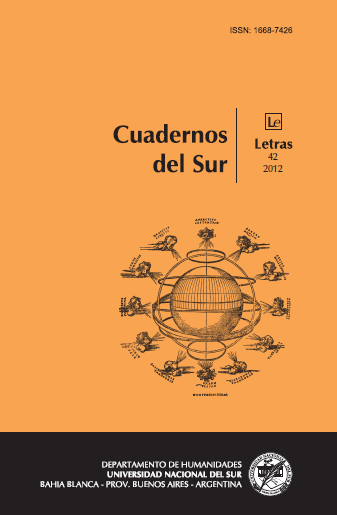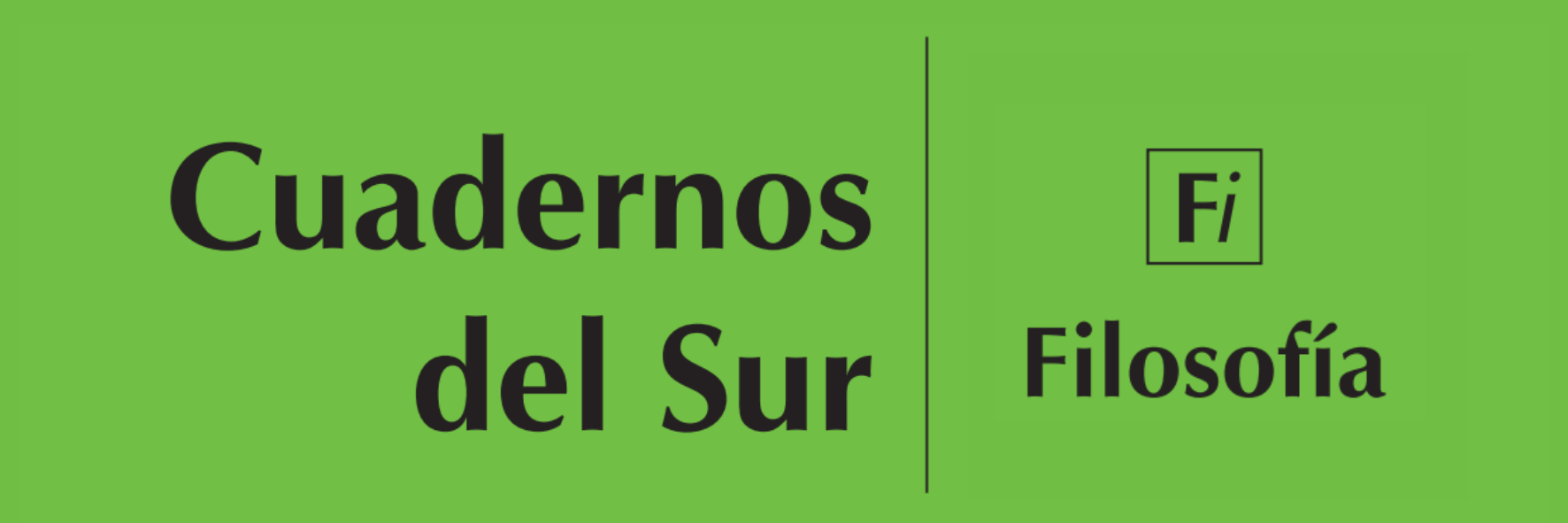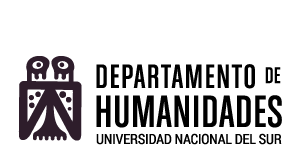Las heterotopías posmodernas de Marlene Nourbese Philip, Giannina Braschi y Howardena Pindell
Keywords:
Heterotopia, Postmodernism, PoetryAbstract
The analysis of the poetry of Marlene Nourbese Philip and Giannina Braschi and the paintings of Howardena Pindell allows the comparison of the ways in which these artists explore the question of space through specific postmodern paradigms. The in-depth reading of El Imperio de los Sueños(1988), by Braschi, She Tries her Tongue, her Silence Softly Breaks (1989), by Philip, and Autobiography (1988), by Pindell, shows that these artists make, on the one hand, a personal and quite feminine representation of the concept of heterotopia, originally described by Michel Foucault in “Of Other Spaces” (1984), and, on the other hand, a socio-political critique by means of an explicit postmodern aesthetic that defies Fredric Jameson’s description of contemporary culture in his Postmodernism or the Cultural Logic of Late Capitalism (1994). The postmodern texts of Braschi, Philip and Pindell create a subject capable of questioning from a multiple and heterogeneous location. The linguistic heterotopias of these artists generate ideological spaces that portray a new way of looking at reality from alternative perspectives. The challenge to both the present politico-cultural power structures as well as the Western historical discourse based on arbitrary hierarchization is central to the artistic agenda of the texts considered in this study.
Downloads
References
Bakhtin, Mikhail (1994), The Dialogic Imagination, Austin, University of Texas Press.
Balboa Echeverría, Miriam (2002), “Mirada y marejada en El Imperio de los Sueños de Giannina Braschi”, Confluencia, vol. 16, nº 2, Spring, pp. 98-103.
Chandler, Marylin (1990), A Healing Art: Regenerating Through Autobiography, Virginia, Garland Publishers.
Covadonga Pendones de Pedro (1992), “La heterogeneidad enunciativa: algunas manifestaciones de la heterogeneidad mostrada”, E.L.U.A., vol. 8, pp. 9-24.
Foucault, Michel (1984), “De los espacios otros”, Architecture, Mouvement, Continuité, nº 5, pp. 46-49, [traducción de Pablo Blitstein y Tadeo Lima].
Hutcheon, Linda (1988), A Poetics of Postmodernism. History, Theory, Fiction, New York, Routledge.
Jameson, Fredric (1994), El postmodernismo o la lógica cultural del capitalismo avanzado, Barcelona, Paidós.
Loustau, Laura (2005), “Nomadismos lingüísticos y culturales en Yo-Yo Boing de Giannina Braschi”, Revista Iberoamericana, vol. 74, nº 211, pp. 437-448.
Mahlis, Kristen (2005), “Rooting and Routing Caribbean Canadian Writing”, Journal of West Indian Literature, vol. 14, nº 1/2, November, pp. 166-205.
McHale, Brian (1987), Postmodernist Fiction, New York, Routledge.
Mignolo, Walter D. (2000), Local Histories/Global Designs, Princeton, Princeton University Press.
Puig Peñalosa, Xavier (2000), La crisis de la representación en la era posmoderna. El caso de Jean Braudillard, Ecuador, Abya-Yala.
Rothenberg, Jerome y Joris, Pierre (ed.) (1998), Poems for the Millennium. The University of California Book of Modern & Postmodern Poetry, Berkeley, University of California Press.
Downloads
How to Cite
Issue
Section
License
Copyright (c) 2012 Luciana Beroiz

This work is licensed under a Creative Commons Attribution-NonCommercial-ShareAlike 4.0 International License.
Aquellos autores/as que tengan publicaciones con esta revista, aceptan los términos siguientes:
- Los autores/as conservarán sus derechos de autor y garantizarán a la revista el derecho de primera publicación de su obra, el cuál estará simultáneamente sujeto a la licencia Atribución-No Comercial-CompartirIgual 4.0 Internacional CC BY-NC-SA 4.0.
- Los autores/as podrán adoptar otros acuerdos de licencia no exclusiva de distribución de la versión de la obra publicada (p. ej.: depositarla en un archivo telemático institucional o publicarla en un volumen monográfico) siempre que se indique la publicación inicial en esta revista.
- Se permite y recomienda a los autores/as difundir su obra a través de Internet (p. ej.: en archivos telemáticos institucionales o en su página web) una vez publicado su trabajo, lo cual puede producir intercambios interesantes y aumentar las citas de la obra publicada. (Véase El efecto del acceso abierto).









